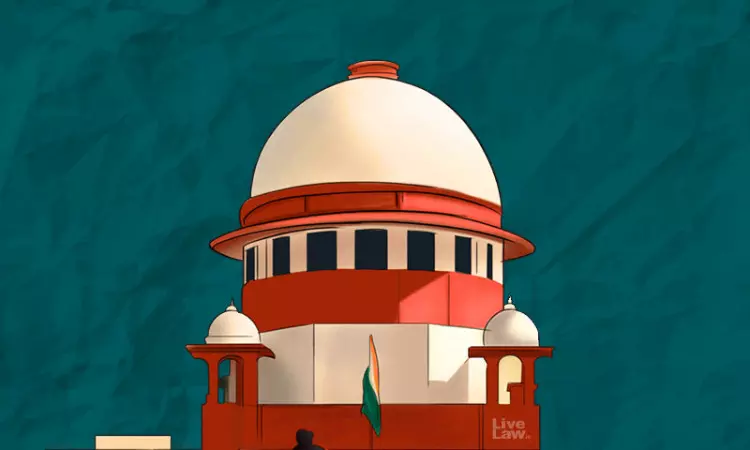- Home
- /
- Supreme court
- /
- Mere Absconding Not Proof Of Guilt,...
Mere Absconding Not Proof Of Guilt, But Relevant Conduct Under S.8 Evidence Act : Supreme Court
Yash Mittal
16 Jun 2025 11:36 AM IST
The Supreme Court recently observed that while mere absconding after the commission of a crime does not by itself establish guilt, it is a relevant fact under Section 8 of the Evidence Act, as it reflects the conduct of the accused and may indicate a guilty mind. Holding thus, the bench of Justices Surya Kant and N. Kotiswar Singh upheld the appellant's conviction for murder, noting that he...
The Supreme Court recently observed that while mere absconding after the commission of a crime does not by itself establish guilt, it is a relevant fact under Section 8 of the Evidence Act, as it reflects the conduct of the accused and may indicate a guilty mind.
Holding thus, the bench of Justices Surya Kant and N. Kotiswar Singh upheld the appellant's conviction for murder, noting that he was last seen with the deceased shortly before absconding from the scene and his failure to explain this abscondence constituted a relevant fact under Section 8 of the Evidence Act, corroborated by other supporting evidence.
“It is trite that mere absconding by itself does not constitute a guilty mind as even an innocent man may feel panicky and may seek to evade the police when wrongly suspected of being involvement as an instinct of self-preservation. But the act of abscondence is certainly a relevant piece of evidence to be considered along with other evidence and is a conduct under Section 8 of the Evidence Act, 1872, which points to his guilty mind. The needle of suspicion gets strengthened by the act.”, the court observed, referencing Matru @ Girish Chandra vs. State of Uttar Pradesh, (1971) 2 SCC 75.
The appellant (accused) was last seen with the deceased on the night of the murder (10.07.2006) and absconded from 11.07.2006 until his arrest on 22.07.2006. The court noted his evasive behaviour of giving false information to the deceased's family about his whereabouts and misleading his friend to lie about his location.
This conduct, alongside the recovery of the murder weapon (gun) and forensic evidence linking it to the crime, formed a chain of circumstances pointing to the guilt.
The Court noted that although absconding alone is insufficient to prove guilt, it forms a relevant piece of evidence when the accused does not give a plausible explanation for his absconding from the crime scene.
Since the Appellant failed to offer a plausible explanation for fleeing, and his abscondence was corroborated by other incriminating evidence such as last seen, motive, recovery of weapons, etc., the Court found such instances benefited the prosecution's case.
Accordingly, the appeal was dismissed and the conviction was upheld.
Case Title: CHETAN VERSUS THE STATE OF KARNATAKA
Citation : 2025 LiveLaw (SC) 657
Click here to read/download the judgment
Also From Judgment: Failure To Prove Motive Not Fatal To Prosecution Case Based On Circumstantial Evidence : Supreme Court



